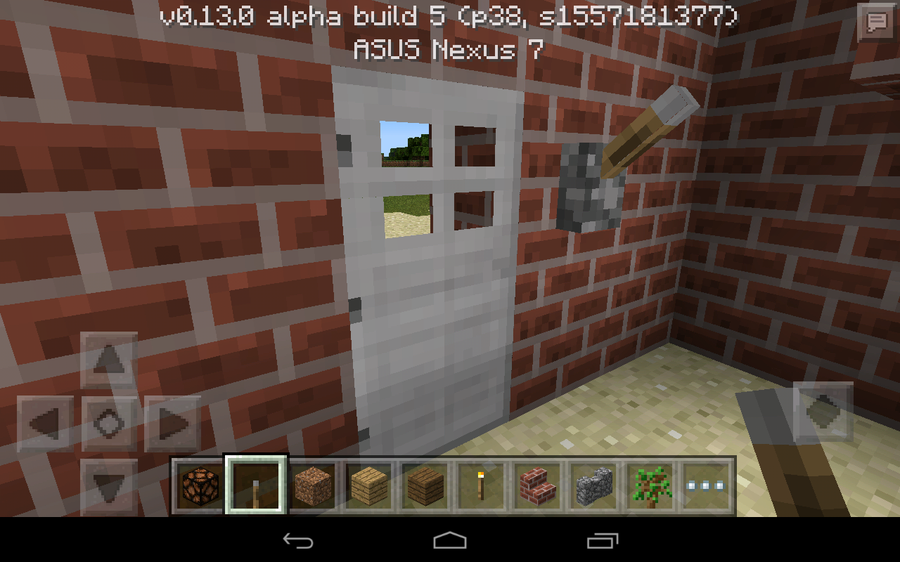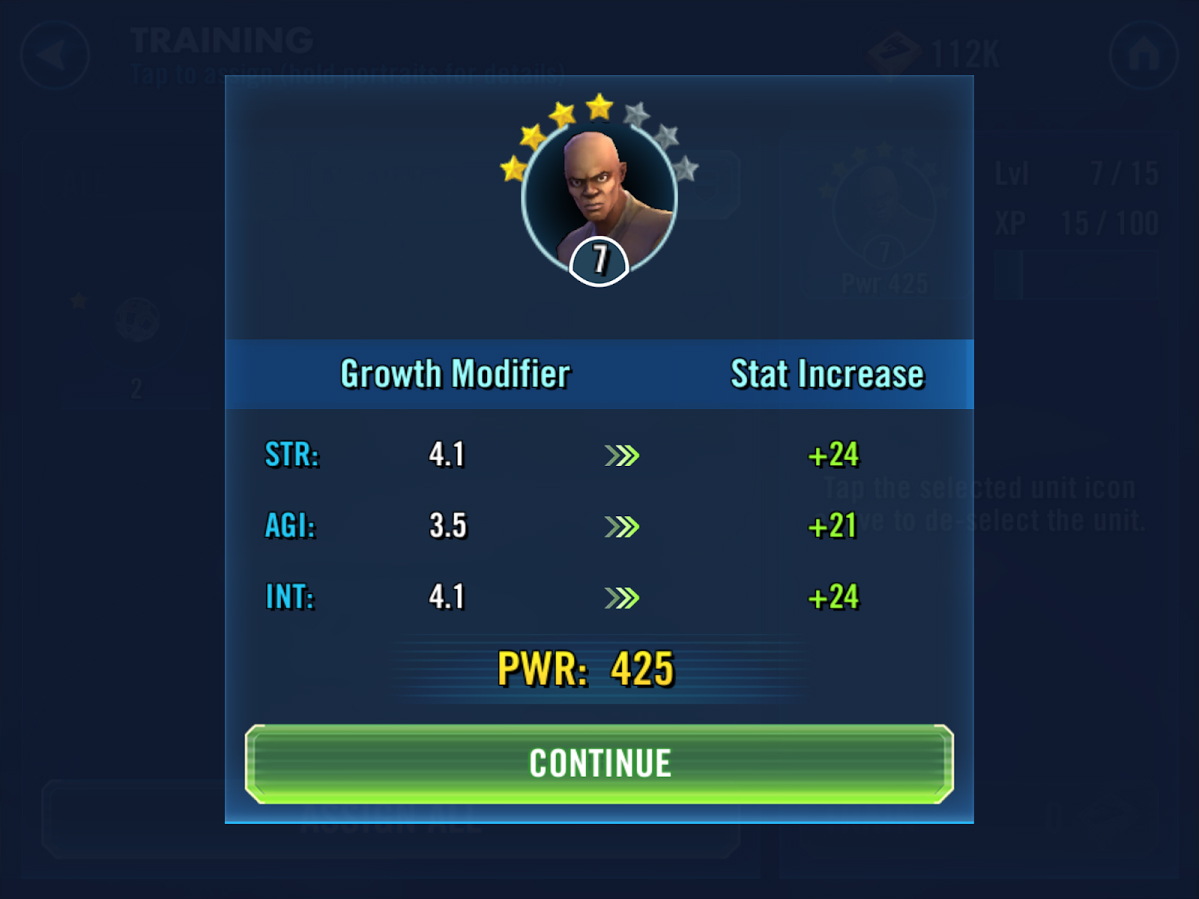

Are you looking for a reading game to help your child who is just learning to read, or who may be struggling with reading? Even children who love to read can also build skills and knowledge with a good reading game. The good news is that there are a wide variety of games on the market today that will help your child with reading skills and knowledge. The only hard part for you is choosing the best reading game for your child. Here are a few tips:
Choose a game that matches your child's age and skill level. If you get a reading game that is too easy, then your child will be bored and will not build any skills. If you get a game that is too hard, your child will be frustrated and will not build any skills. Each reading game should be rated for age level on the package, but if your child is struggling, you should also look at the content of the game to make sure that the skills on the game are appropriate. For instance, if your child is just learning to recognize letters, you should not get a game that works on comprehension.
Next, choose a reading game that has more than one skill level or type of activity-a game that will ?grow? with your child as they get new knowledge and skills. As your child gets better, it can introduce new rules and obstacles that have to be met and overcome. If there is more than one type of activity, there will be a greater level of interest.
A good place to find a reading game is to look on educational sites. If they do not have games on them already, they may have suggestions, ratings and recommendations for games that will build reading skills in your child. A lot of times the games on these sites are even free.
The last point that you should consider when choosing any educational game for your child, is that you should make sure that it is fun. If it is not fun, your child will not want to play it and it will not do them any good. Whether it is a computer game or a board or card game it should be challenging but not too hard and it should have surprises and incentives that are appealing to the age of child that is playing.




 Movie Quiz Solutions All Levels
Movie Quiz Solutions All Levels Star Wars: Galaxy of Heroes Tips, Cheats and Strategies
Star Wars: Galaxy of Heroes Tips, Cheats and Strategies Angry Birds Star Wars: 3-star video walkthroughs for Death Star (Levels 2-1 to 2-20)
Angry Birds Star Wars: 3-star video walkthroughs for Death Star (Levels 2-1 to 2-20) Math Academy Table of 5 Answers
Math Academy Table of 5 Answers 100 Pics Movie Logos 2 Pack Levels 1-100 Answers
100 Pics Movie Logos 2 Pack Levels 1-100 Answers